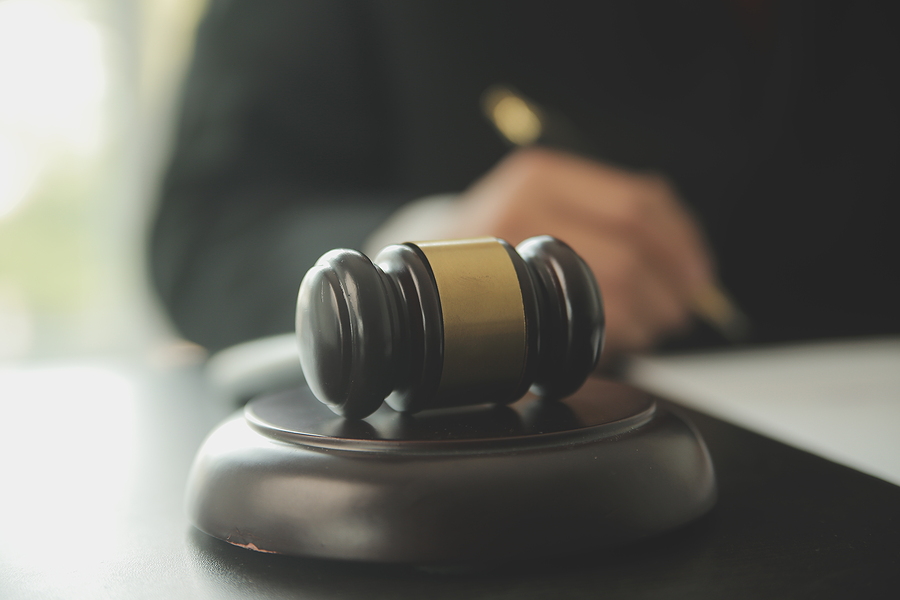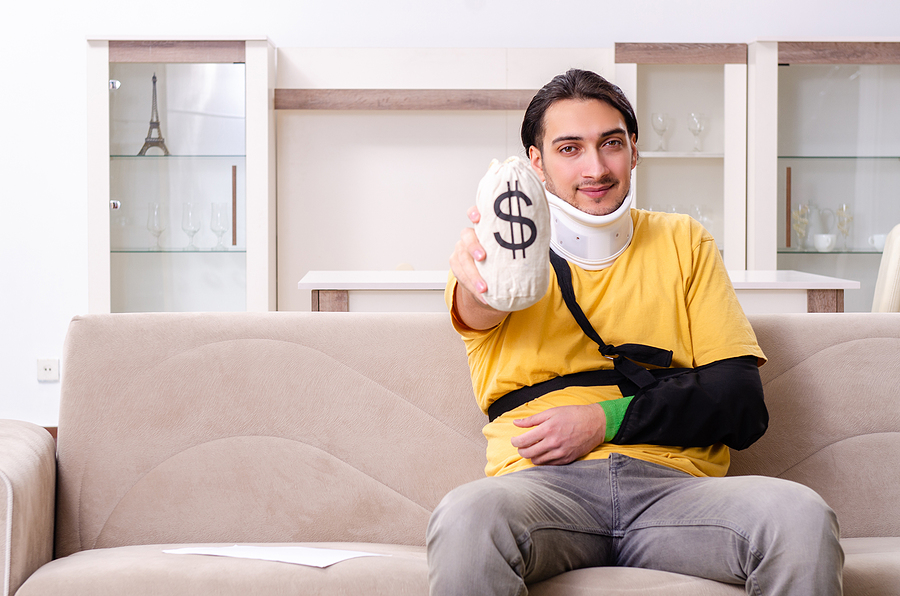When someone is injured due to the negligence of another, they may be eligible for compensation through a personal injury claim. However, to receive such compensation, the plaintiff must prove that their injuries were caused by the defendant’s actions. This concept is known as legal causation, and it can be difficult to understand. In this blog post, we will explain what legal causation is and how it applies to personal injury cases.
We will start by looking at “cause-in-fact” — also known as “but-for” causation — which establishes that without the defendant’s action or inaction, the harm would not have occurred. We will then move on to proximate cause, which looks at whether a reasonable person should have foreseen that an act could lead to harm even if it was not directly responsible for causing the specific harm suffered by the plaintiff. Finally, we will discuss how courts determine legal causation in personal injury cases based on these two concepts and other relevant factors. Continue below to get started.

Establishing Legal Causation
When people think of cause and effect, they may think of cause-in-fact. In a personal injury case, this means that the defendant’s act or omission must have been the “but-for” cause of the plaintiff’s harm — without it, the harm would not have occurred. This is an essential requirement for establishing causation in most jurisdictions. For example, if someone was injured due to being hit by a car that had no brakes, then the driver who failed to maintain their brakes can be held liable because their failure was necessary for the accident to occur as it did.
Proximate Cause
However, sometimes there are multiple causes for an injury, complicating matters and making cause-in-fact difficult to prove. That’s where the concept of proximate cause comes in. This is an examination of whether a reasonable person should have foreseen that an act could lead to harm, even if it was not directly responsible for causing the specific harm suffered by the plaintiff. Courts tend to look at a variety of factors when making this determination, such as how foreseeable the harm was and whether there were any intervening events or forces that contributed to the injury. In Indiana, so long as the plaintiff was not more than 50% at fault, the plaintiff can recover for damages. For example, if a jury finds the defendant 60% at fault and the plaintiff 40% at fault, the plaintiff will recover 60% of the total damages awarded.
When it comes to legal causation in personal injury cases, courts and juries must weigh all relevant evidence and ultimately decide whether the defendant’s actions more likely than not resulted in the harm suffered by the plaintiff. A strong understanding of both cause-in-fact and proximate cause, plus their application to personal injury cases, is essential for claimants who need to prove legal causation. If the injured victim can establish the necessary elements of legal causation, then they may be entitled to compensation for their injuries.
Conclusion
Understanding legal causation can be a complex process, but it’s an essential part of personal injury law. By looking at all relevant evidence and applying the concepts of cause in fact and proximate cause, courts can determine whether a defendant’s actions or inactions more likely than not caused the plaintiff’s harm. This knowledge can go a long way towards helping someone successfully pursue a personal injury claim.
How to Move Forward if You Think You Have a Personal Injury Case
If you believe that you have experienced an injury due to someone else’s negligence or reckless or intentional behavior, it’s important to address it as soon as possible. First, seek medical attention to ensure that your health is taken care of. Then, gather and keep any documentation related to the incident, including incident reports, photographs, videos, witness statements, and medical records. Next, consult with an Indianapolis personal injury lawyer to evaluate the strength of your case and determine what legal actions may be necessary. It is best to hire an attorney right away so important information can be obtained and stored. Don’t be afraid to ask questions and advocate for yourself throughout the process. Remember, you have the right to pursue compensation for any damages or losses you have suffered as a result of your injury.
Are you ready to learn your eligibility for pursuing legal action against a negligent party and indirectly their insurance carrier that caused you or a loved one serious injuries? Contact the Law Office of Craven, Hoover, and Blazek P.C. at 317-881-2700 to schedule a free case evaluation with a seasoned personal injury attorney in Indianapolis. We represent victims all throughout the state of Indiana, including Indiana residents injured in other states.
Related Posts:
How to Prove Negligence in a Child Injury Case
How the Law Holds Property Owners Accountable for Negligence
An Overview of Indiana Negligence Laws

